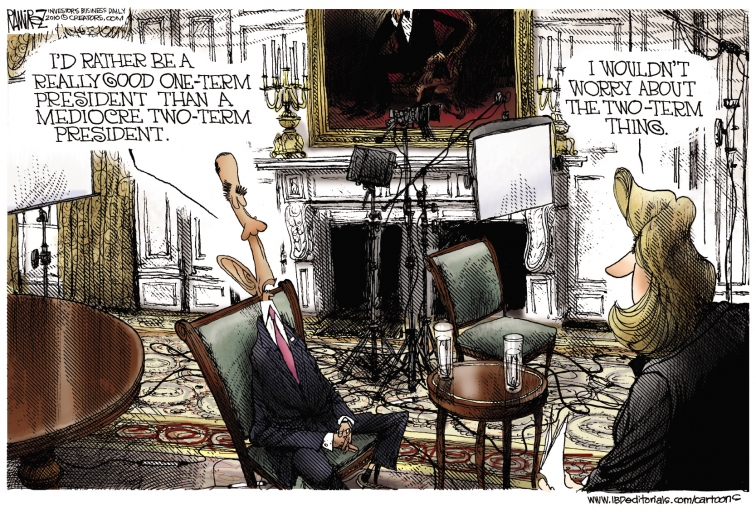The basic point of departure between progressives and classical liberals (a term I’m using to encompass any political ideology that supports a free market) when it comes to solving an economic problem is how each deals with scarcity. Scarcity occurs when the demand for a resource like land, labor, or capital is greater than its supply. The lack of the resource (i.e. it’s scarcity) leads to prioritizing how to use that resource most efficiently. This is where public policy disagreements come into play. Typically, progressives see just about everything as scarce, and argue for a neutral government to allocate scarce items fairly. For progressives, there is almost never an instance where the policy impulse to find a way to create more of something. Instead, government’s task is to “spread the wealth around” – be it energy through carbon credits, capital through welfare redistribution, or health care through rationing.
Classical liberals are of a different mindset. They start by questioning whether the scarce resource is correctly is really scarce. Consider health care. A progressive would argue that if the number of licensed doctors became static or declined, limiting the amount of patient visits per year would be appropriate in order to “share” the scarce resource of medical expertise over the largest amount of people. A classical liberal, though, would ask whether a licensed nurse could be allowed to take on more responsibility for diagnosing and treating patients with common ailments like colds, cuts, and other minor medical problems. By expanding the amount of people who are licensed to treat patients, the scarcity vanishes because people are allowed to visit a medical professional as much as they need to.
Now to the issue of job creation. Rep. Dennis Kucinich (D-OH) is proposing a bill to give people as young as 60 years old a financial incentive to retire early by offering early retirement with social security benefits and health care subsidies paid for from COBRA. The thinking is that are a finite amount of jobs in the American economy, and the federal government must find a way to get older workers out to create room for younger workers. Sounds like jobs are “scarce” these days, right?
Not so fast. The workers who have survived the rash of lay-offs are most likely to be those who are highly producing because businesses can no longer afford to carry dead wood on their payrolls. Moreover, if older workers are convinced to leave the job market, that means centuries of accumulated knowledge and expertise will be leaving with them. In the alternative, if it is the low-skilled elderly that Kucinich is targeting (a more likely scenario since guaranteed Social Security and COBRA benefits aren’t enticements for people making more than minimum wage), the vacancies they create won’t be enough to support younger workers with families trying to get out of apartments and into all those foreclosed houses.
The better way to look at how to create jobs isn’t to figure out how to best allocate the ones in existence – it’s figuring out how to encourage even more to be created. With more people working the economy will be that much stronger, which will eventually lead to the kind of scarcity only an employer fears: not enough hard-working, qualified people to fill all their employment needs.


 CFIF Freedom Line Blog RSS Feed
CFIF Freedom Line Blog RSS Feed CFIF on Twitter
CFIF on Twitter CFIF on YouTube
CFIF on YouTube